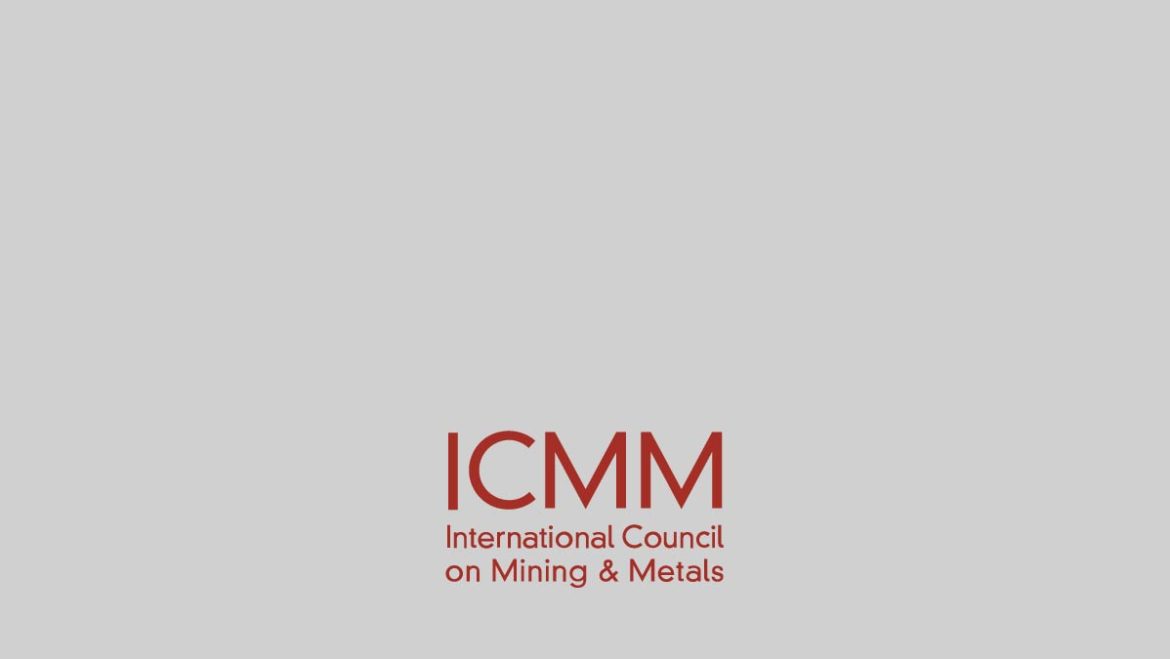Cerrejón is an independently operated, integrated mining and transport complex in the La Guajira region of northeastern Colombia, owned in equal parts by BHP Billiton, Anglo American and Glencore. It includes a thermal coal mine, a railroad and a maritime port. Although the mining concession covers 69,000 hectares, Cerrejón uses approximately 13,000 hectares, which include the mining area, a 150-kilometre railway and a port at the Caribbean coast.
Several indigenous and non-indigenous communities live around this integrated operation. La Guajira Department, in which Cerrejón is located, has a total population of approximately 902,000 people, 45 per cent of whom are Indigenous Peoples as defined by the Colombian Constitution. The Wayuu represent the predominant indigenous group among other groups such as Kogi and Wiwa.
With the annual coal production at Cerrejón growing progressively since the 1980s, the company drew up the Iwo’uyaa Expansion Project in order to keep up with demand for coal. This expansion would involve a partial modification of the Rancheria River inside the mining area. Conforming with ILO Convention 169 and Colombian law, the company proceeded to carry out the consulta previa (prior consultation process) with indigenous communities and according to IFC standard to carry out consulta pública (public consultation) with non-indigenous communities.
During the course of 2012, the FPIC was carried out according to international best practice, resulting in 103 communities giving their consent to the expansion project and 12 refusing it based on environmental and economic concerns. Protests broke out over the legitimacy of the entire consultation process and, despite having the possibility of being able to legally continue with the process even with the opposition of 12 communities, in 2012 Cerrejón voluntarily stopped the process due to reduction in international coal prices. During the whole process, Cerrejón also reconfirmed that it would not carry out the expansion project without the communities’ approval to the project.
The consultation process was carried out following the stages included in the current Colombian legislation: pre-consultation, formal opening, impact management workshops and pre-agreements. The process also included previous training on indigenous rights provided in the Wayuu’s own Wayuunaiki language, with participation of the Ministry of Interior and human rights agencies: the National Ombudsman’s Office and the national and local human rights offices (Procuraduría and Personerías). All of the meetings were recorded and detailed minutes were written, and Cerrejón respected the time and process required by the communities for their autonomous internal reflection.
The challenge remains, however, as power to give indigenous communities the right to veto mining projects rests with government and not companies. This may also open a space for politically driven decisions being made. In the case of Cerrejón, the company did not oppose the veto rights of the communities and complied with domestic and international legal requirements by carrying out a thorough and extended consultation period, but the final decision remained with government. The specific project mentioned above continues to be halted, but the company has initiated other smaller expansion projects that seek to enhance annual production to 41 million tons of coal. One of the projects entails a prior consultation process that is currently following Colombian legislation as well as international FPIC standards.
The company has learned many things from this process, including:
- Communities have the expectation of resolving all of their needs through a prior consultation process and not receiving compensations according to the impacts of a project
- Legislative gaps or the possibilities of jurisprudence interpretation generate conflict, and there needs to be clarity in legislation maintaining the guarantees for the exercise of the right to participation of indigenous communities
- On some occasions, there are groups that oppose a project arguing against mining altogether or by having an erroneous perception of the impacts of a project. In these complex processes it is desirable to have the presence of a state institution with enough authority to conduct the process and finding answers to community demands and concerns
Undoubtedly, the history of relationship between the communities and the state, and with business, as well as the respect of their rights, affects the development of prior consultations.

